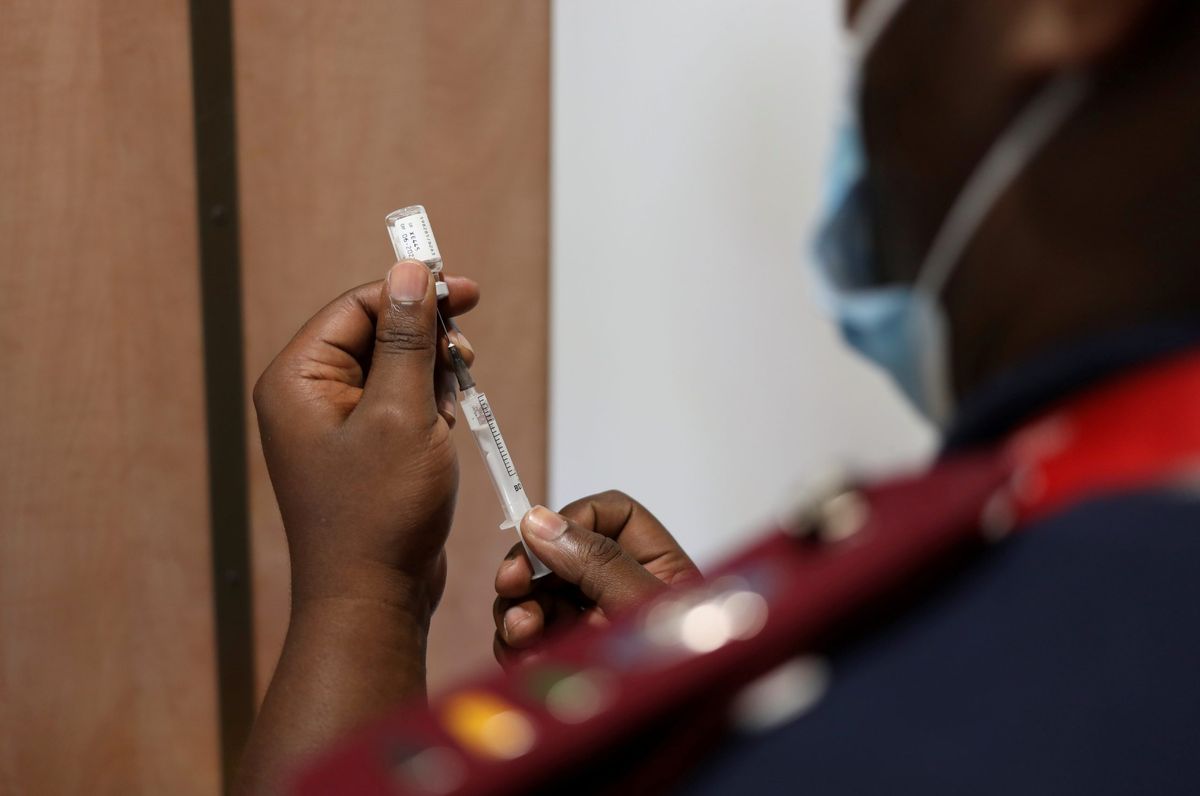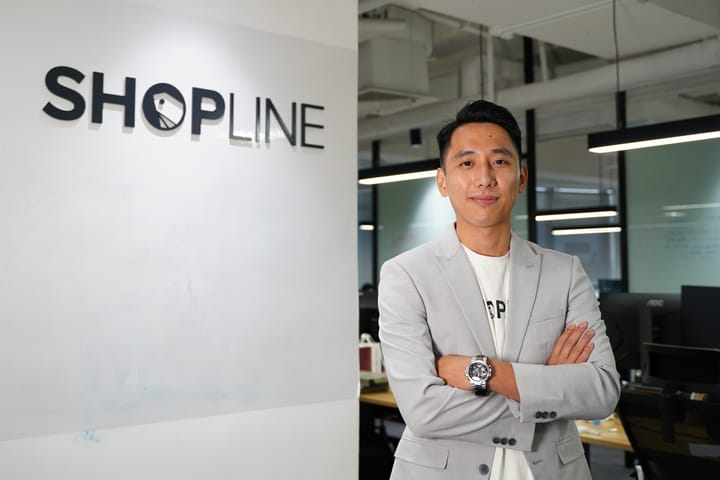Did vaccine inequality lead to omicron?

A few minutes every morning is all you need.
Stay up to date on the world's Headlines and Human Stories. It's fun, it's factual, it's fluff-free.
Vaccine inequality refers to the idea that richer countries are hoarding vaccines for themselves and aren’t sharing these vaccines with poorer countries. It’s something that the WHO has been talking about since the start of the pandemic, warning that vaccine nationalism would only make the pandemic last longer.
What’s omicron, again?
- Another day, another dollar, another variant. Omicron, which was first detected in South Africa, is the latest variant labeled by the World Health Organization (WHO) as a “variant of concern.”
- Viruses are constantly changing through mutations, and sometimes these mutations change the virus in its composition and structure.
- This results in new variants being created, and it can be a huge problem considering the virus, through mutations, can adapt to overcome the vaccines that have already been developed.
- The thing is, though, right now, there still isn’t enough information to know whether the omicron variant is deadlier or if it has mutated beyond current vaccine protections.
Where did omicron come from?
- This most recent variant was discovered by South African scientists in late November. Since then, it has already spread to just under 40 countries worldwide, including the United States, the United Kingdom, Brazil and Australia.
- While the variant was first reported in South Africa, this does not inherently mean that the variant originated from South Africa.
- In fact, authorities in the Netherlands said that the variant was already in their country when South Africa alerted the WHO about it just over a week ago.
- However, in the situation that the variant did develop in South Africa, some experts, including Dr. Tedros Adhanom Ghebreyesus, the head of the WHO, have said that vaccine inequality has played a part in these variants developing.
How has vaccine inequality led to these variants?
- Vaccine inequality refers to the idea that richer countries are hoarding vaccines for themselves and aren’t sharing these vaccines with poorer countries. It’s something that the WHO has been talking about since the start of the pandemic, warning that vaccine nationalism would only make the pandemic last longer.
- After omicron was found, South African President Cyril Ramaphosa accused rich Western nations of hoarding vaccines saying that this new variant should serve as a “wake-up call to the world that vaccine inequality cannot be allowed to continue.”
- “Instead of prohibiting travel, the rich countries of the world need to support the efforts of developing economies to access and to manufacture enough vaccine doses for their people without delay,” Ramaphosa said.
- While the rest of the developed world has been racing toward a higher vaccination rate, with the US at 60% and China at over 90%, only 36% of South African adults are fully-vaccinated against COVID-19.
- But, experts are now divided on the reason behind this low-vaccination rate.
How so?
- According to experts, there are two primary reasons for the low vaccination rates in South Africa.
- Rajiv J. Shah, president of the Rockefeller Foundation, pointed out that some of the biggest problems include getting companies to make vaccines more available in these developing countries.
- “I frankly wish the companies that are involved here [ … ] would do more to make their products available either through partnership with local manufacturers, or through true tiered pricing arrangements that could allow developing countries to access those products on the right terms much faster,” Shah told CNBC. “It’s in everybody’s national interest to serve other countries right now.”
- But, in late November, before the first cases of omicron were detected and reported, South Africa health officials asked Johnson & Johnson and Pfizer Inc. to delay delivery of COVID-19 vaccines because it had too much stock. “We have 158 days’ stock in the country at current use," a spokesman for the Health Ministry said. “We have deferred some deliveries."
- Dr. Saad Omer, a Yale University public health researcher, also said that vaccine hesitancy remains a large problem in South Africa, but it’s largely because there hasn’t been any initiative to help educate the masses on the benefits of the vaccine.
- “Almost no investment in vaccine education or promotion has gone into low-income countries,” Dr. Omer said. “Why do we expect that all we will have to do is drop vaccines at an airport, do the photo op, and people will come running to the airport and grab the vaccine?”
What’s next?
- Currently, there are more questions than answers when it comes to the omicron variant. And, until more is known about the origins of the variant, it will be hard to say whether vaccine inequality played a part in its development.
- Regardless, this hasn’t stopped numerous countries from placing heavy travel restrictions on African countries and lockdowns for unvaccinated citizens, which has sparked intense criticism.
- For example, Malawian President Lazarus Chakwera wrote in a Facebook post last week that “Covid measures must be based on science, not Afrophobia."
- Following the travel ban and restrictions, WHO’s Guterres also issued a statement saying, “I appeal to all governments to consider repeated testing for travelers, together with other appropriate and truly effective measures, with the objective of avoiding the risk of transmission so as to allow for travel and economic engagement."
- Guterres also added, “The people of Africa cannot be blamed for the immorally low level of vaccinations available in Africa – and they should not be penalized for identifying and sharing crucial science and health information with the world," he said.
You drive the stories at TMS. DM us which headline you want us to explain, or email us.







Comments ()